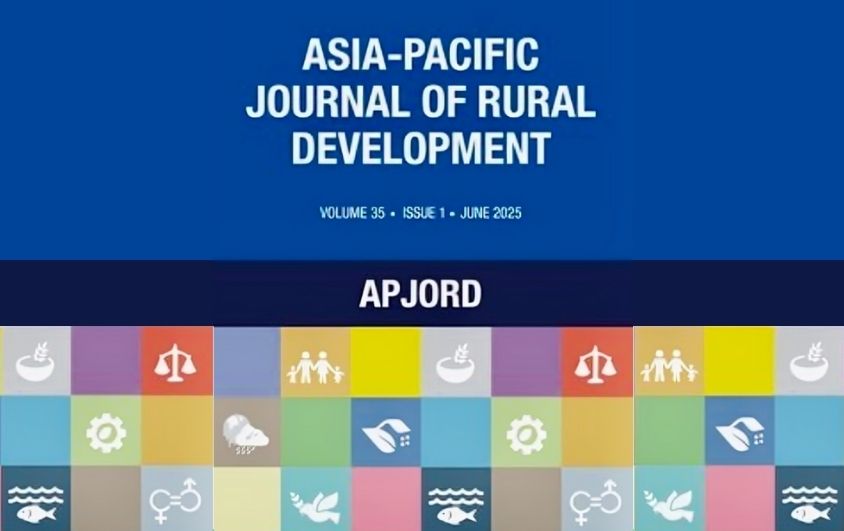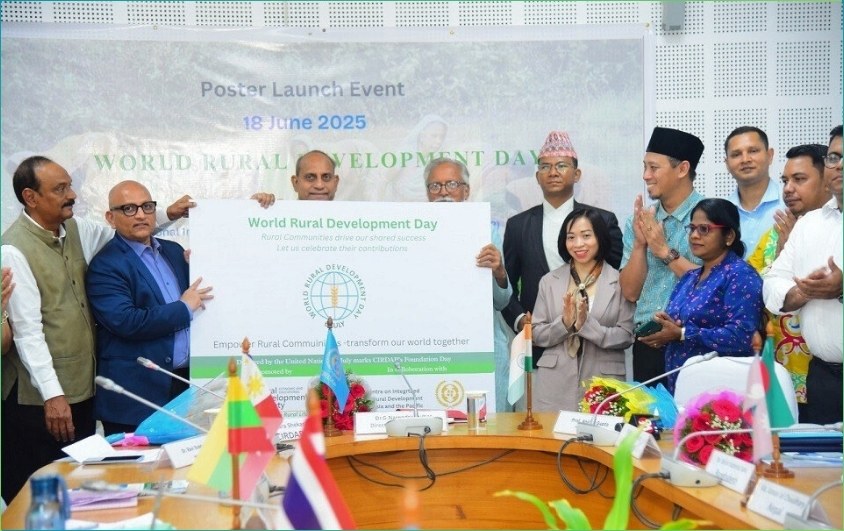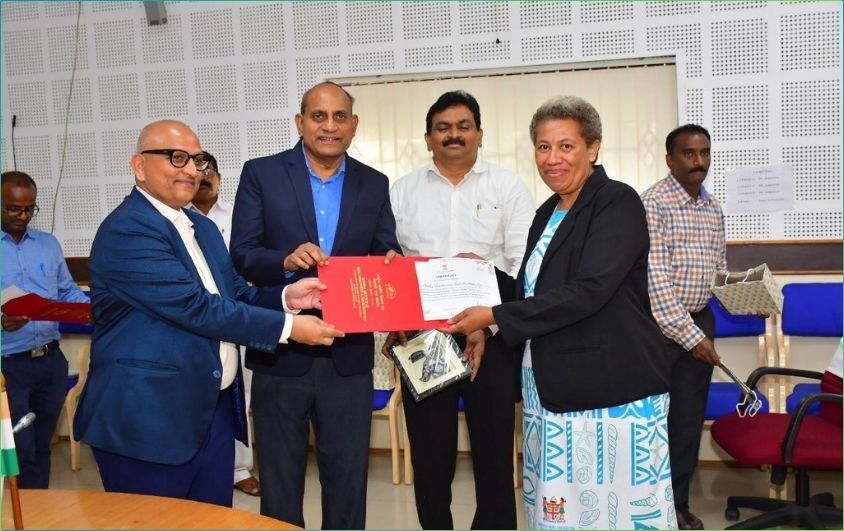
Dear respected IRD Expert of CIRDAP, distinguished participants and CIRDAP Colleagues,
I am pleased to welcome our keynote speaker, Dr. Mohammad Israr, the CIRDAP IRD Expert and each of participants to the webinar entitled “International Day of Forests”.
Today, we celebrate the International Day of Forests at the Centre on Integrated Rural Development for Asia and the Pacific (CIRDAP). The day of 21 March was established at the United Nations General Assembly in 2012 to celebrate and raise awareness of the importance of all types of forests. The UN member countries are encouraged to undertake local, national and international efforts to organize activities each year involving forests and trees. The theme for 2023 is “Forests and health.”
On behalf of CIRDAP, I call for global attention on forest conservation and sustainable management of the forest resources and their ecosystems because the healthy forests will bring about the healthy people.
The International Day of Forests is a reminder of the valuable role forests play for people and the planet. Forests provide an important source of income for the rural poor, offer solutions to the challenges of mitigating and adapting to climate change and meet the demands of a rapidly-growing global population. Forest goods provide an important hidden harvest for rural populations, keeping many people out of extreme poverty. About 350 million people who live within or close to dense forests depend on them for their subsistence and income. Forests are an important aspect of rural livelihoods, with households living near forested areas deriving as much as 22 percent of their income from forest sources. This contribution is greater than that of wage labor, livestock, self-owned businesses or any other category aside from crops. Forests support rural economies in many countries and create jobs and wealth for populations with few alternatives off-farm employment options. Forests provide a critical carbon sink to slow climate change; however, deforestation and forest degradation contribute about 12% of the world’s greenhouse gas emissions.
Forests provide us with direct or indirect multiple socio-economic benefits and environmental services and in particular on our human health. They purify the water, clean the air, capture carbon to fight climate change, provide food and life-saving medicines, and improve our well-being. Conserving and sustainably using forests is one of the best ways of protecting our planet and ourselves. Healthy forests are vital for all aspects of a healthy planet, from livelihoods and nutrition to biodiversity and the environment, but they are under threat. It’s up to us to safeguard these precious natural resources.
Thank you.



